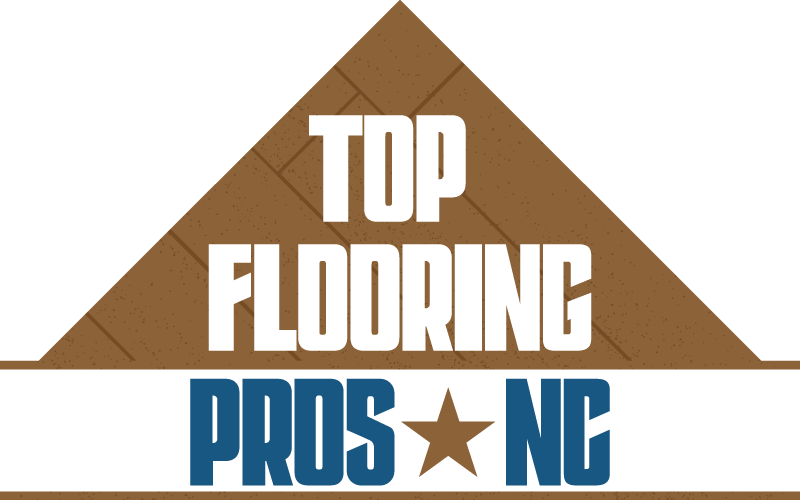**Moisture Barrier: The Key to Successful Flooring Installation**
Are you planning to install new flooring in your home? If so, one of the most important steps to consider is implementing a moisture barrier. Moisture barriers are essential to creating a long-lasting and durable foundation for your flooring.
As a homeowner looking to hire professional flooring installers, understanding the importance of a moisture barrier can save you time, money, and potential headaches in the future. In this article, we will delve into the significance of moisture barriers and how they can impact the success of your flooring installation project.
**Key Takeaways:**
1. **Moisture protection is crucial**: A moisture barrier serves as a protective layer between your flooring and the subfloor, preventing moisture from seeping through and causing damage.
2. **Proper installation is key**: Hiring professional flooring installers who understand the importance of moisture barriers and follow proper installation techniques is essential for a successful project.
3. **Different types of moisture barriers**: There are various types of moisture barriers available, including vapor barriers, moisture retarders, and waterproof membranes. Each type serves a specific purpose based on the flooring material and environment.
4. **Signs of moisture issues**: Being able to identify signs of moisture problems such as mold, mildew, or buckling flooring can help you address the issue before installing new flooring.
**Importance of Moisture Barrier Installation**
When it comes to protecting your investment in new flooring, moisture protection should be at the top of your priority list. A moisture barrier is designed to prevent moisture from rising up from the subfloor, which can lead to mold growth, warping, or damage to your flooring material.
Professional flooring installers have the knowledge and expertise to assess the moisture levels in your subfloor and determine the best type of moisture barrier for your specific needs. They will ensure that the moisture barrier is properly installed, creating a secure and stable foundation for your new flooring.
Additionally, investing in a moisture barrier can extend the lifespan of your flooring, saving you from costly repairs or replacements in the future. By taking the necessary steps to protect your flooring investment, you can enjoy beautiful and durable floors for years to come.
**Types of Moisture Barriers**
There are several types of moisture barriers available, each serving a specific purpose depending on the flooring material and environmental conditions. Vapor barriers are commonly used for concrete floors to prevent moisture vapor transmission. Moisture retarders are ideal for wood subfloors to protect against excess moisture. Waterproof membranes are used in areas prone to water exposure, such as bathrooms or kitchens.
Professional flooring installers will help you select the appropriate moisture barrier for your project and ensure that it is installed correctly. By choosing the right type of moisture barrier, you can enhance the performance and longevity of your flooring.
**Identifying Moisture Issues**
Before installing new flooring, it’s important to inspect your existing subfloor for any signs of moisture issues. Mold, mildew, musty odors, or buckling flooring are all indicators of excess moisture that can impact your new flooring installation.
Professional flooring installers will conduct a thorough assessment of your subfloor to determine if there are any existing moisture problems that need to be addressed. By addressing these issues before installing new flooring, you can prevent potential damage and ensure a successful installation.
**Action Plan**
1. Consult with professional flooring installers to assess the moisture levels in your subfloor and determine the appropriate type of moisture barrier for your project.
2. Prioritize proper installation techniques to ensure that the moisture barrier is effectively protecting your flooring.
3. Regularly inspect your subfloor for signs of moisture issues and address any concerns promptly to prevent damage to your flooring.
**Conclusion**
In conclusion, a moisture barrier is an essential component of a successful flooring installation project. By understanding the importance of moisture protection, selecting the right type of moisture barrier, and addressing any existing moisture issues, you can create a sturdy foundation for your new flooring. Professional flooring installers play a critical role in ensuring that your moisture barrier is installed correctly, protecting your investment in beautiful and long-lasting flooring.
**FAQs:**
Q: What is a moisture barrier?
A: A moisture barrier is a protective layer between your flooring and the subfloor, designed to prevent moisture from seeping through and causing damage.
Q: Why is a moisture barrier important for flooring installation?
A: Moisture barriers protect your flooring from mold, warping, and damage caused by moisture rising up from the subfloor.
Q: How can I tell if I have a moisture issue in my subfloor?
A: Signs of moisture problems include mold, mildew, musty odors, or buckling flooring. Inspect your subfloor for these indicators before installing new flooring.


